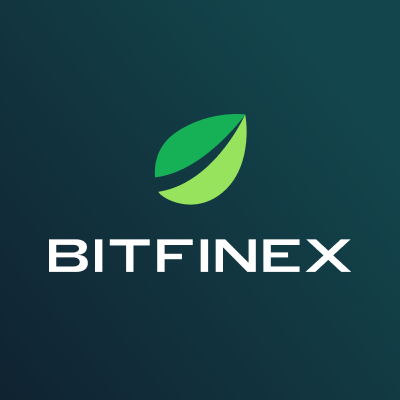On September 27th 2021, a wallet belonging to Bitfinex paid 23.7 million dollars as transaction fees to transfer $100,000 of Tether USDT. The high-cost transaction happened by mistake.
To explain the transaction, DeversiFi, an exchange that grew out of Bitfinex in 2019, states that the transaction came from their platform. This is unusual because they allow investors to access DEFI protocols without paying transaction fees. The fact that there were transaction fees and outrageous fees in that matter makes the transaction unusual.
According to DeversiFi, the sender paid the transaction fees via Bitfinex’s main wallets, which paid for the bill at the end of the day. The spokesman of DiversiFi confirmed that the transaction originated from one of their hardware wallets and the gas fees were erroneous.
The cause of the error is not known. But the team behind the systems of DiversiFi is looking into the matter. Their statement assured investors that their funds are safe with them. Also their operations have not been affected by this transaction. They said that the transaction resulted from an internal error and will rectify it as soon as possible.
How Did the Bitfinex Transaction Happen?
The transaction was in the form of a smart contract. The sender meant the tether amount to pass through one wallet before landing on the Deversifi’s hardware wallet. The transaction followed the latest EIP-1559 type of transaction, designed to make it easier for investors to determine Ethereum transaction fees.
In addition, the erroneous transaction was part of a block that an unknown miner mined. The miner appears in the list of top ten miners over the last week.
This transaction holds the record for the most enormous transaction fees paid in dollars. In June 2020, similar transactions happened whose transaction fees totaled $5.2 million.
$5 Million Ethereum Transaction Fees
In June 2020, a sender spent over $5 million as transaction fees on two Ethereum transactions. One transaction happened with Mining pools Ethermine, and SparkPool facilitated the other one.
Both exchanges waited for the sender to reach out. On June 15th, Ethermine distributed the extra fees to miners. SparkPool announced it would take the same route if the sender did not come out by June 17th.
Good Cycle, the sender contacted SparkPool and identified itself as the sender. Good Cycle confirmed that their website experienced hacking several times. According to blockchain analytics, their website hacking happened because of security flaws. They use HTTP rather than HTTPS protocol.
After the two transactions, some speculations came up that the transactions were aimed towards money laundry. The money laundry concerns came from the theory that a miner can turn an illegal ETH legitimate by assigning an outrageous transaction fee and mining the block themselves.
The concerns are possible because miners determine the transaction fees to include in their blocks.
However, looking into the two transactions, this is not the case. The fact that the two transactions ended up in separate mining pools used by thousands of miners clears the doubts that the sender was directing the funds to a specific entity.





